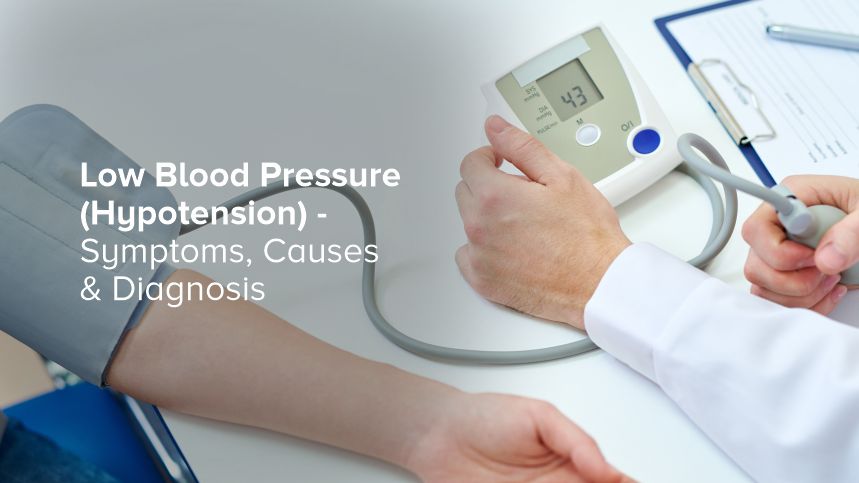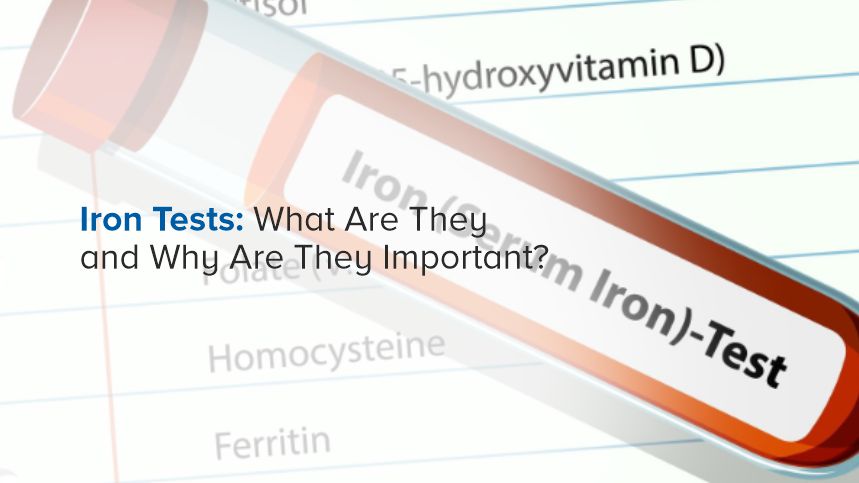


Condition
- Diabetes
- Diabetes
- Heart Disease & Hypertension
- Preventive Health Checkup
- Diabetes
- Preventive Health Checkup
- Preventive Health Checkup
- Diabetes
- Diabetes
- Heart Disease & Hypertension
- Top tests
- Heart Disease & Hypertension
- Diabetes
- Top tests
- Diabetes
- Heart Disease & Hypertension
- Lifestyle Packages
- Heart Disease & Hypertension
- Lifestyle Packages
- Heart Disease & Hypertension
- Heart Disease & Hypertension
- Lifestyle Packages
- Preventive Health Checkup
- Preventive Health Checkup
- Top tests
- Preventive Health Checkup
- Heart Disease & Hypertension
- Heart Disease & Hypertension
- Heart Disease & Hypertension
- Top tests
- Top tests
- Lifestyle Packages
- Heart Disease & Hypertension
- Heart Disease & Hypertension
- Top tests
- Heart Disease & Hypertension
- Preventive Health Checkup
- Diabetes
- Lifestyle Packages
- Heart Disease & Hypertension
- Top tests
- Heart Disease & Hypertension
- Heart Disease & Hypertension
- Diabetes
- Lifestyle Packages
- Preventive Health Checkup
- Diabetes
- Top tests
- Diabetes
- Allergy
- Heart Disease & Hypertension
- Diabetes
- Heart Disease & Hypertension
- Diabetes
- Lifestyle Packages
- Lifestyle Packages
- Top tests
- Preventive Health Checkup
- Lifestyle Packages
- Preventive Health Checkup
- Preventive Health Checkup
- Diabetes
- Top tests
- Heart Disease & Hypertension
- Preventive Health Checkup
- Top tests
- Heart Disease & Hypertension
- Lifestyle Packages
- Lifestyle Packages
- Diabetes
- Preventive Health Checkup
- Top tests
- Diabetes
- Top tests
- Preventive Health Checkup
- Preventive Health Checkup
- Preventive Health Checkup
- Diabetes
- Lifestyle Packages
- Lifestyle Packages
- Heart Disease & Hypertension
- Lifestyle Packages
- Heart Disease & Hypertension
- Lifestyle Packages
- Preventive Health Checkup
- Preventive Health Checkup
- Preventive Health Checkup
- Lifestyle Packages
- Top tests
- Lifestyle Packages
- Top tests
- Lifestyle Packages
- Top tests
- Diabetes
- Diabetes
- Others
- Blood Disorders
- Top tests
- Others
- Others
- Others
- Fever
- Fever
- Blood Disorders
- Blood Disorders
- Preventive Health Checkup
- Preventive Health Checkup
- Profile
- Kidney Disease
- Kidney Disease
- Diabetes
- Diabetes
- Heart Disease & Hypertension
- Preventive Health Checkup
- Lifestyle Packages
- Thyroid Disorder
- Diabetes
- Diabetes
- Diabetes
- Diabetes
- Diabetes
- Diabetes
- Diabetes
- Top tests
- Allergy
- Top tests
- Top tests
- Top tests
- Top tests
- Diabetes
- Top tests
- Diabetes
- Top tests
- Top tests
- Top tests
- Liver Disease
- Diabetes
- Top tests
- Vitamin Deficiency
- Top tests
- Top tests
- Liver Disease
- Top tests
- Top tests
- Top tests
- Anemia
- Anemia
- Anemia
- Diabetes
- Diabetes
- Anemia
- Top tests
- Top tests
- Top tests
- Preventive Health Checkup
- Thyroid Disorder
- Heart Disease & Hypertension
- Top tests
- Preventive Health Checkup
- Diabetes
- Heart Disease & Hypertension
- Top tests
- Fever
- Allergy
- Liver Disease
- Lifestyle Packages
- Heart Disease & Hypertension
- Top tests
- Arthritis
- Top tests
- Top tests
- Heart Disease & Hypertension
- Kidney Disease
- Preventive Health Checkup
- Allergy
- Top tests
- Lifestyle Packages
- Top tests
- Kidney Disease
- Top tests
- Lifestyle Packages
- Top tests
- Preventive Health Checkup
- Preventive Health Checkup
- Top tests
- Top tests
- Vitamin Deficiency
- Allergy
- Diabetes
- Top tests
- Top tests
- Top tests
- Top tests
- Heart Disease & Hypertension
- Allergy
- Top tests
- Preventive Health Checkup
- Top tests
- Top tests
- Infertility
- Top tests
- Lifestyle Packages
- Allergy
- Diabetes
- Heart Disease & Hypertension
- Lifestyle Packages
- Preventive Health Checkup
- Preventive Health Checkup
- Top tests
- Preventive Health Checkup
- Top tests
- Diabetes
- Top tests
- Infertility
- Top tests
- Thyroid Disorder
- Top tests
- Allergy
- Preventive Health Checkup
- Vitamin Deficiency
- Top tests
- Top tests
- Infertility
- Lifestyle Packages
- Diabetes
- Liver Disease
- Kidney Disease
- Vitamin Deficiency
- Top tests
- Heart Disease & Hypertension
- Heart Disease & Hypertension
- Top tests
- Heart Disease & Hypertension
- Heart Disease & Hypertension
- Heart Disease & Hypertension
- Infertility
- Heart Disease & Hypertension
- Vitamin Deficiency
- Vitamin Deficiency
- Arthritis
- Arthritis
- Top tests
- Top tests
- Lifestyle Packages
- Preventive Health Checkup
- Lifestyle Packages
- Preventive Health Checkup
- Vitamin Deficiency
- Top tests
- Lifestyle Packages
- Lifestyle Packages
- Preventive Health Checkup
- Top tests
- Preventive Health Checkup
- Top tests
- Heart Disease & Hypertension
- Infertility
- Top tests
- Top tests
- Preventive Health Checkup
- Lifestyle Packages
- Top tests
- PCOD
- Preventive Health Checkup
- Lifestyle Packages
- Preventive Health Checkup
- Top tests
- Fever
- PCOD
- Kidney Disease
- Top tests
- Top tests
- Preventive Health Checkup
- Preventive Health Checkup
- Liver Disease
- Thyroid Disorder
- Top tests
- Heart Disease & Hypertension
- PCOD
- Top tests
- Arthritis
- Preventive Health Checkup
- Kidney Disease
- Lifestyle Packages
- Top tests
- Allergy
- Top tests
- Top tests
- Diabetes
- Thyroid Disorder
- Preventive Health Checkup
- Top tests
- Lifestyle Packages
- Preventive Health Checkup
- Top tests
- Kidney Disease
- Liver Disease
- Infertility
- Top tests
- Anemia
- Top tests
- Top tests
- Top tests
- Preventive Health Checkup
- Bone Health
- Cancer
- Fatty Liver

Tests
In a world where high blood pressure garners significant attention due to its link with heart disease and stroke, its counterpart, low blood pressure (hypotension), often flies under the radar. However, hypotension is a condition that deserves attention, as it can signal underlying health issues and affect quality of life. Know the low blood pressure, its potential causes, symptoms, and diagnosis, helping you understand when it's time to see a healthcare provider.
What is Low Blood Pressure?
Blood pressure is the force of your blood pushing against the walls of your arteries as your heart pumps it around your body. It's normal for blood pressure to fluctuate throughout the day, but consistently low readings might indicate hypotension.
While specific blood pressure readings considered "low" may vary among healthcare providers, hypotension is commonly defined as a blood pressure reading lower than 90 millimeters of mercury (mm Hg) for the top number (systolic) or 60 mm Hg for the bottom number (diastolic).
Symptoms of Low Blood Pressure
For some, low blood pressure is a sign of excellent health and no cause for concern. However, when hypotension leads to symptoms, it can disrupt daily activities and signify more serious health issues. Common symptoms include:
- Dizziness or lightheadedness
- Fainting (syncope)
- Blurred vision
- Nausea
- Fatigue
- Lack of concentration
- Cold, clammy, pale skin
- Rapid, shallow breathing
- Dehydration and unusual thirst
These symptoms can occur because your brain and other vital organs are not getting enough blood supply, leading to a decreased oxygen delivery to your cells.
Causes of Low Blood Pressure
Many factors can contribute to low blood pressure, from lifestyle choices to medical conditions and medications. Some causes include:
- Dehydration: When your body loses more water than it takes in, it can cause weakness, dizziness, and fatigue.
- Heart problems: Some heart conditions can lead to low blood pressure, including extremely low heart rate (bradycardia), heart valve problems, heart attack, and heart failure.
- Endocrine problems: Such issues include complications with hormone-producing glands in the body, such as underactive thyroid (hypothyroidism), adrenal insufficiency (Addison's disease), and low blood sugar (hypoglycemia).
- Severe infection (septicemia): When an infection in the body enters the bloodstream, it can lead to a life-threatening drop in blood pressure.
- Blood loss: Losing a lot of blood from a major injury or internal bleeding reduces the amount of blood in your body, leading to a severe drop in blood pressure.
- Lack of nutrients in your diet: A lack of the vitamins and minerals necessary for cell health, such as Vitamin B-12 and folate, can prevent the body from producing enough red blood cells, causing low blood pressure.
Diagnosis of Low Blood Pressure
Diagnosing low blood pressure involves a simple blood pressure reading. If your readings are consistently low and accompanied by symptoms, your healthcare provider may conduct more extensive tests to determine the cause. These might include:
- Blood tests: To check for anemia or hormonal issues.
- Electrocardiogram (ECG/EKG): To measure your heart's electrical activity.
- Echocardiogram: To visualize how your heart beats and pumps blood.
- Stress test: To see how your heart and blood vessels respond to exercise.
- Tilt table test: If you frequently faint or feel lightheaded, this test can see how your body reacts to changes in position.
Managing Low Blood Pressure
Treatment and management strategies for hypotension focus on addressing the underlying cause(s). In cases where low blood pressure leads to symptoms, you may be advised to increase your salt and fluid intake, wear compression stockings, or adjust any medications that could be contributing to the issue. Lifestyle changes, such as eating smaller, more frequent meals, or exercising to improve circulation, can also help manage the symptoms.
Conclusion
In conclusion, while low blood pressure may not always signal a problem, it's important to be aware of the symptoms and causes associated with hypotension. Recognizing when to seek medical advice is crucial for maintaining overall health and preventing potential complications. Always consult with a healthcare provider for a diagnosis and personalized treatment plan tailored to your condition.
WANT TO BOOK HEALTH CHECKUP ?
Categories
Diabetes
39
Heart Disease & Hypertension
37
Preventive Health Checkup
45
Top tests
85
Lifestyle Packages
33
Allergy
9
Others
4
Blood Disorders
3
Fever
4
Profile
1
Kidney Disease
8
Thyroid Disorder
5
Liver Disease
6
Vitamin Deficiency
7
Anemia
5
Arthritis
4
Infertility
6
PCOD
3
Bone Health
1
Cancer
1
Fatty Liver
1
Recent Blogs
Dengue Fever vs. Malaria: How to Tell the Difference
Dengue fever and malaria are two of the most common mosquito-borne diseases in the world,...
18-07-2025
Top 10 Home Remedies to Relieve Dengue Symptoms
Dengue fever can leave anyone feeling drained with its debilitating symptoms like high fever,...
18-07-2025
Iron Tests: What Are They and Why Are They Important?
Iron is a mineral that plays a vital role in the body, influencing everything from energy...
18-07-2025






